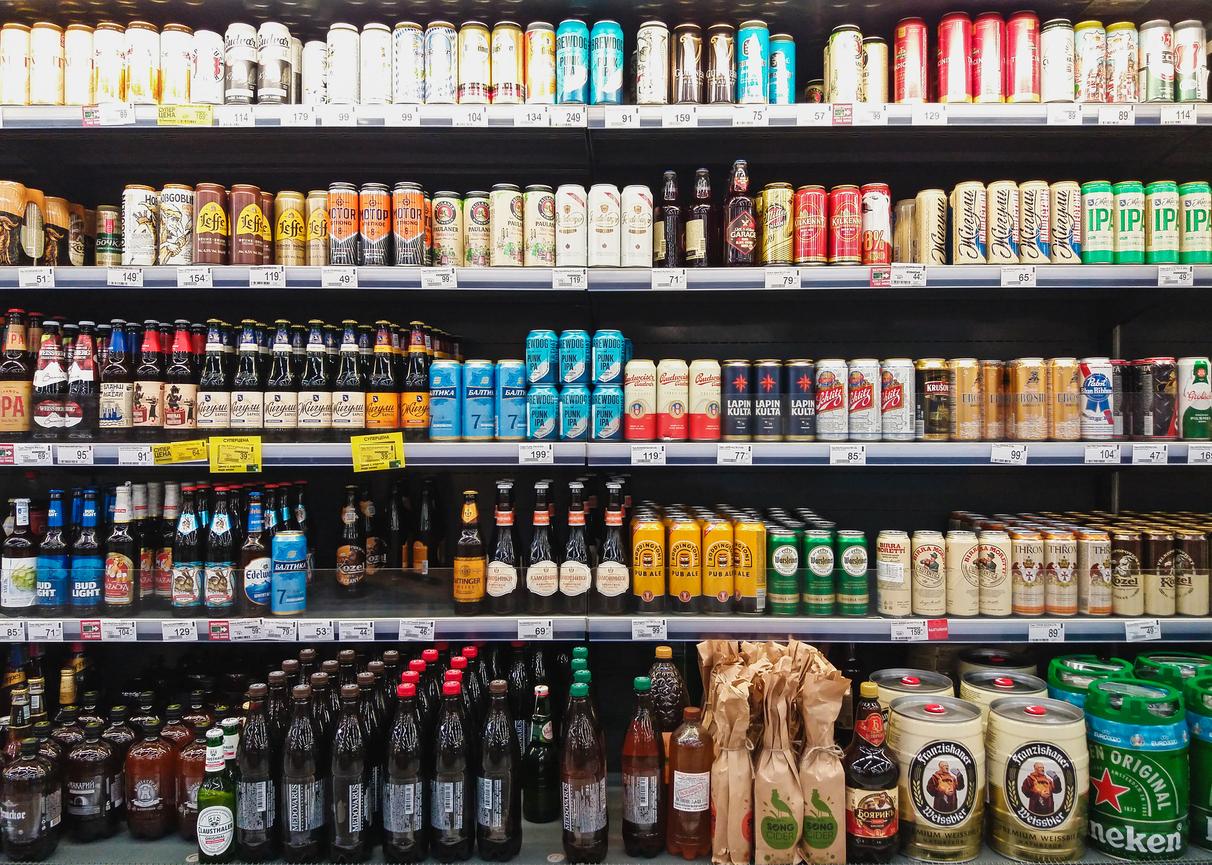The palm oil tax, often called the “Nutella tax” because of the high amount of oil contained in this spread, consists of increasing the contribution imposed on products containing palm oil. This product, highly prized by the food industry (one in three food products contains it) because of its low cost, is indeed formidable for cardiovascular health.
At first reading, the Senate had adopted a significant increase: it should have risen gradually from 300 euros per ton in 2017 to 900 euros in 2020. But at second reading, the deputies, thus responding to the discontent of Malaysia and of Indonesia, the two main producers, have decided to greatly reduce taxation: the surcharge will now be only 90 euros per tonne.
“While sending a signal, this taxation is more realistic. We do not want a boycott of these two countries, nor even of palm oil”pleaded the Secretary of State for Biodiversity, the ecologist Barbara Pompili.
Read also :
Palm oil: what if we did without it?
How to know if a product contains palm oil















